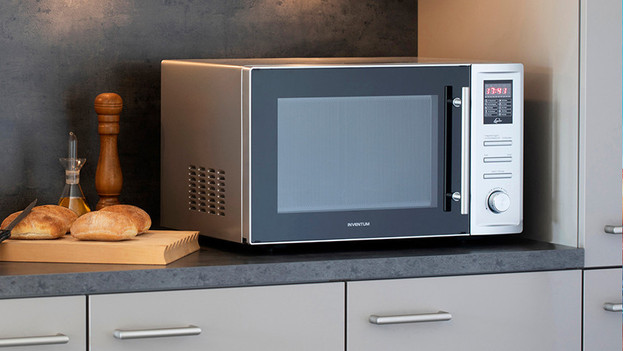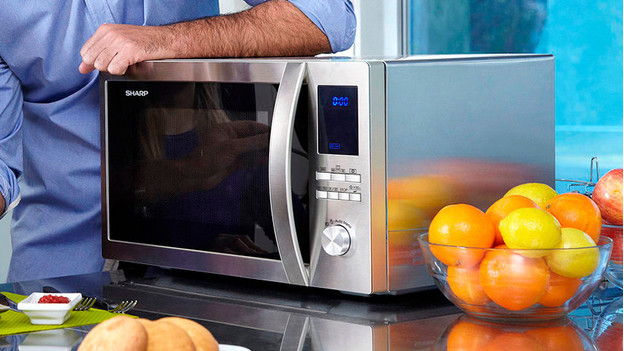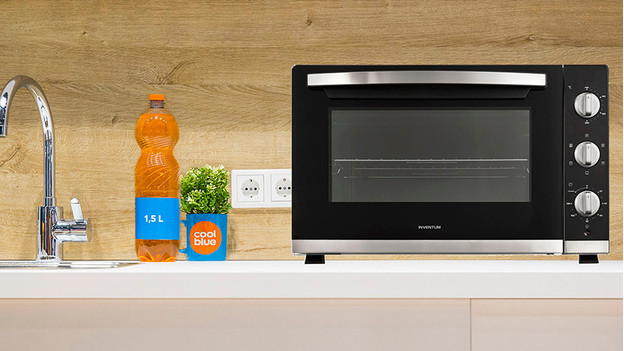
What do you do if your microwave causes a short circuit?
The causes of a short circuit

Your microwave suddenly turns off. That doesn't mean that it's broken. It often has to do with the power supply. In this article, we'll tell you all about it.
- Your microwave turns off
- Your microwave causes a short circuit
- How do you check the electric circuit?
Your microwave turns off

Does your microwave keep turning off for no reason? This is probably caused by the peak load. You've connected too many appliances to one electric circuit and the electric circuit isn't powerful enough.
- Try the microwave with a socket outside your kitchen.
- Does the microwave work now? You'll know the electric circuit is the problem.
- Check the peak power of the circuit in the kitchen and if the kitchen appliances don't consume more than this power during use.
Your microwave causes a short circuit

You turn on your microwave and it trips the circuit breakers. That's not great. It's probably because you've connected too many appliances to one electric circuit.
- Check the peak power of the electric circuit in the kitchen. In the next paragraph, we'll tell you how.
- Next, check if the combined consumption of your kitchen appliances doesn't surpass the peak power. In the following paragraph, you can read how.
How do you check your electric circuit?

Every appliance has a maximum power. You can find it in the manual. This indicates the (maximum) power that the appliance uses. The total of all of the appliances is the required capacity of a connection. This can't exceed the capacity of the electric circuit. If the power is higher, devices will turn off or cause a short circuit. If this is the case, see if you can connect a couple of appliances to a different circuit or ask an electrician to create an extra electric circuit.


